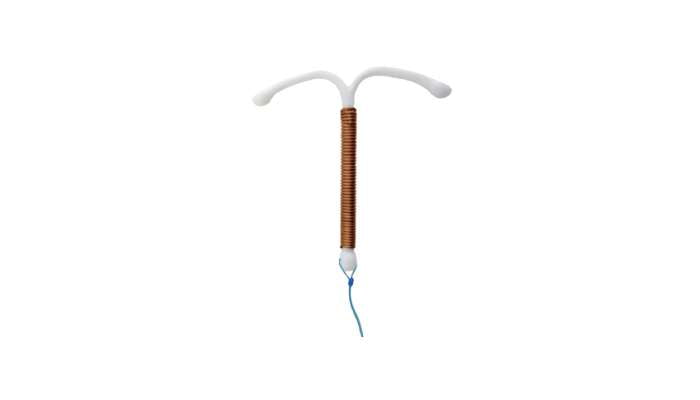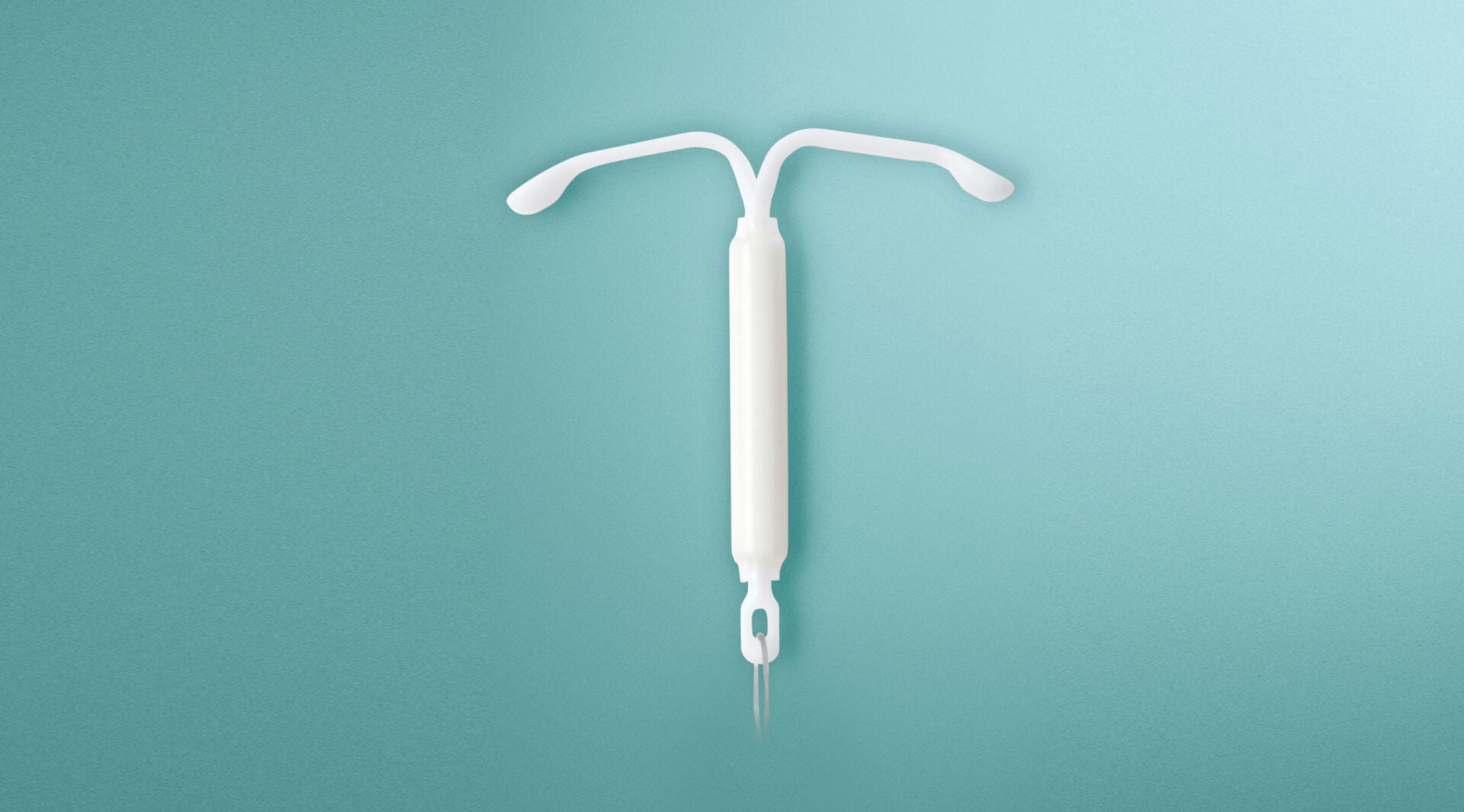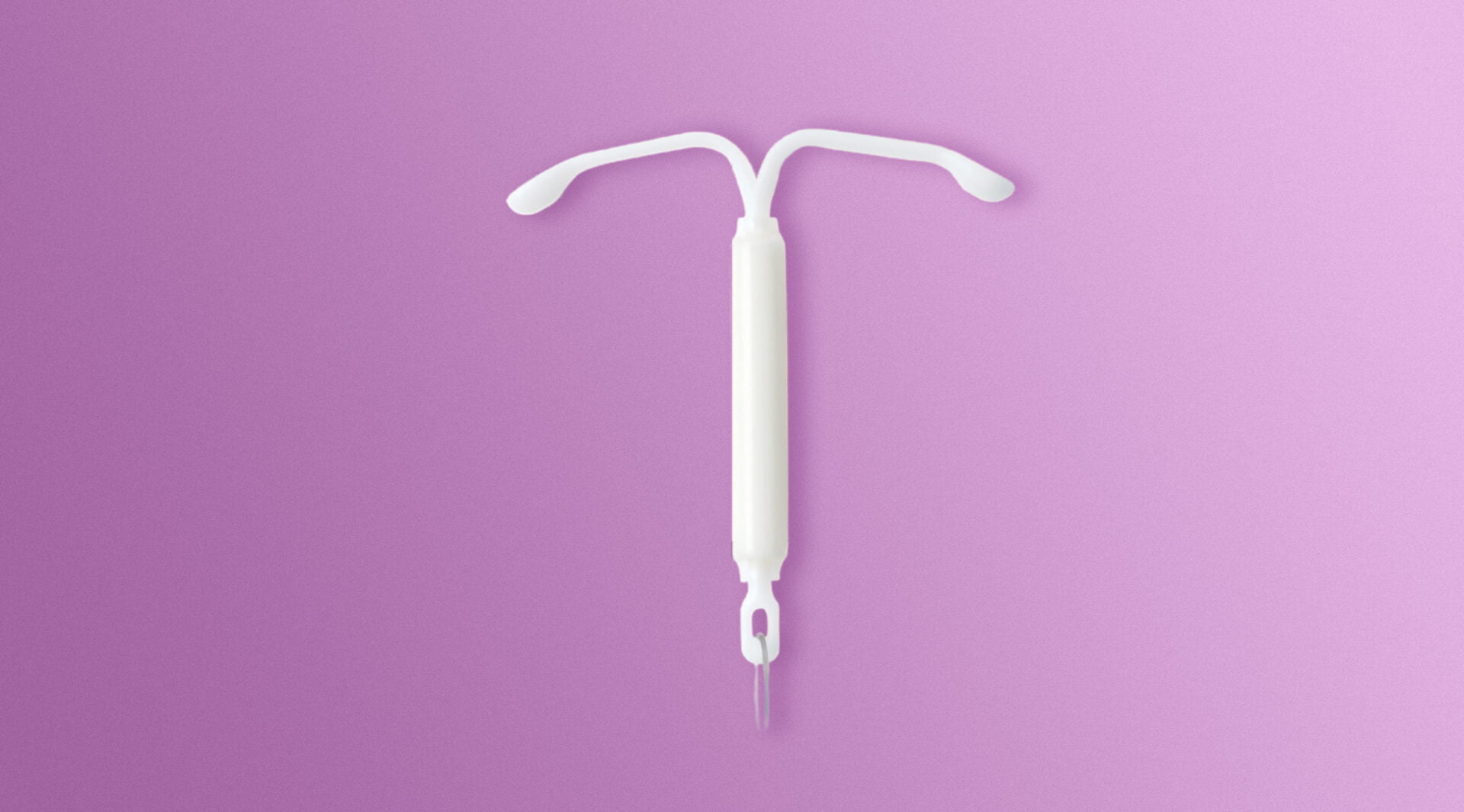When it comes to birth control options, the sheer number of choices can be overwhelming. From monthly pills to implants and condoms, making the right decision for you can be difficult. One popular option that many women consider is the intrauterine device (IUD). IUDs are small, T-shaped devices that are inserted into the uterus to prevent pregnancy. They are a highly effective form of contraception, with a low failure rate of less than 1%. But not all IUDs are created equal. There are two primary types – hormonal and non-hormonal (copper IUDs) – each with its own set of advantages and considerations. In this article, we will compare and contrast hormonal and copper IUDs to help you decide which one may be the right fit for you. So, if you’re considering an IUD as your contraceptive method and are trying to navigate the sea of options, read on to find out more about hormonal and copper IUDs and determine which one aligns with your needs and preferences.
Understanding Hormonal and Copper IUDs
In recent years, more and more women are opting for long-term contraception options available in the form of intrauterine devices (IUDs). Two popular types of IUDs are hormonal IUDs and copper IUDs. Understanding the difference between these options can help women make an informed decision about which one is right for them.



Hormonal IUDs, such as Mirena and Kyleena, work by releasing synthetic progesterone into the uterus. This hormone thickens the cervical mucus, making it difficult for sperm to reach the egg and thin the lining of the uterus, making it difficult for any fertilised egg to implant. The hormonal IUDs offer long-lasting protection, with effectiveness lasting from 3-8 years depending on the brand.
On the other hand, copper coils, do not release hormones. Instead, they are comprised of a small device with copper wire that is placed in the uterus. Copper acts as a spermicide, impairing the sperm’s movement and preventing fertilisation and by having the device in the uterus this can disrupt any fertilised egg from implanting. Copper IUDs are highly effective, with protection lasting up to 10 years depending on the device, making them a great option for women who desire long-term birth control without hormones.
Both types of IUDs are safe and effective forms of contraception. However, hormonal IUDs may offer additional benefits such as lighter periods, reduced cramping, and decreased menstrual bleeding. Copper IUDs, while not affecting the menstrual cycle, are suitable for women who prefer hormone-free contraception and who may experience side effects from hormonal options.
Hormonal IUDs vs Copper IUDs
What’s the Same
Although they work in different ways, there are certain similarities between the two types that are worth exploring. Firstly, both hormonal and copper IUDs are long-lasting forms of birth control. Once inserted, they require little to no maintenance, minimising the risk of user error. This makes them ideal for individuals who wish to avoid the need for daily or monthly contraceptive methods.
Furthermore, both types of IUDs are reversible, meaning that fertility can be restored shortly after their removal. This is particularly beneficial for individuals who are considering starting a family in the near future or those who simply want to retain their reproductive options. It also gives people the freedom to switch between hormonal and copper IUDs depending on their changing contraceptive needs.
What about Fitting?
The fitting process for both hormonal and copper IUDs is typically performed by a healthcare professional. The first step is a thorough examination of the patient’s uterus and cervix. This may involve a pelvic exam and a cervical swab to check for any infections or abnormalities.
The healthcare provider inserts the device into the uterus using a thin plastic tube. During the fitting process, some women may experience mild discomfort or cramping, but this usually subsides quickly. It is recommended that women schedule their IUD fitting when they are not on their period, as the cervix is typically more open and insertion may be easier but this is not a requirement.
What’s Different
Hormonal IUDs, such as Mirena or Kyleena, work by releasing a small amount of the hormone progestin directly into the uterus. This hormone thickens the cervical mucus, preventing sperm from reaching the egg and thinning the lining of the uterus to reduce the chances of implantation. These IUDs have the added benefit of reducing menstrual flow and can even help alleviate some symptoms of premenstrual syndrome (PMS).
Non-hormonal copper IUDs, do not release any hormones. Instead, they have a copper filament that acts as a spermicide, killing sperm and preventing fertilization. Copper is toxic to sperm and creates an inhospitable environment for them to survive. Copper IUDs are known for their long-lasting effectiveness, with some models lasting up to 10 years.
Despite their differences, both types of IUDs are highly effective at preventing pregnancy, with failure rates of less than 1%. However, it’s essential to consider your own medical history and preferences when choosing between them. Hormonal IUDs may be more suitable for women who struggle with heavy periods or PMS symptoms, while copper IUDs are the better option for those who prefer a hormone-free contraception method.
The fitting of a Mirena and Kyleena is identical with the main difference being the physical size of the device. The Kyleena is like Mirena’s little sister, it has been developed with women who haven’t had babies in mind as it is a little narrow and, therefore, easier to fit in women whom’s cervix hasn’t ever been stretched through child birth. This is not to say that someone who hasn’t had children can’t have a Mirena fitted but it is good to have an alternative available which can be used at the discretion of the fitter. Personally I like fitting the 5 year copper device, it is nice and slim and flexible making it easy to fit in most women. There are some 10 year versions but I find these to be quite wide and stiff and generally not as nice for patients to have fitted.
How to Choose – Is it better to get a hormonal or non-hormonal IUD?
| Hormonal | Non Hormonal (Copper) | |
| Reduces bleeding | Yes | No |
| Reduces menstrual cramping | Yes | No |
| Systemic hormonal side effects | Yes, about 5% of people will notice any hormonal side effects (e.g., headaches, breast tenderness, mood changes, or acne). | No, your normal menstrual cycle including hormonal changes will remain |
| What are they made of? | Plastic and a small amount of the progestin hormone levonorgestrel. | Copper and plastic. |
| How long can they be used for? | Up to 8 years. | Depending on the type, up to 3 – 10 years. |
| How soon are they effective? | A hormonal IUD is effective in preventing pregnancy after one week of use, so you need to use a backup method of birth control such as condoms, or not have sex for 7 days after insertion. | A copper IUD starts working as soon as it is inserted and can even be used as emergency contraception for unprotected sex that happened in the last 7 days. |
| How do they affect periods? | Periods eventually become lighter, shorter, and less crampy over time. This makes it a good choice for people with heavy and/or painful periods. About 20% of people with the Mirena IUD will have no periods after the first year of use. Over time most people stop bleeding completely. | Copper IUDs can make periods heavier, longer, and crampier. People who already experience heavy and/or crampy periods may prefer a progestin IUD. |
Ultimately, the decision to choose a hormonal or copper IUD depends on individual preferences and health considerations. Consulting with a trusted healthcare provider is crucial in determining which type may be the best fit. Regardless of the choice, IUDs provide long-term and highly effective birth control options, giving women the freedom to focus on their personal and professional goals without worrying about unplanned pregnancies.
Hormonal vs. Copper IUDs: Effectiveness Comparison
Hormonal and Copper IUDs are equally effective in terms of pregnancy prevention with a failure rate of around 1 in 100 women. They also both have the same ectopic pregnancy risk. Ectopic pregnancy occurs when a fertilized egg implants outside of the uterus, most commonly in the fallopian tubes. The risk of an ectopic pregnancy, is estimated to be around 1-2% for both methods of contraception.
How effective is the hormone IUD ?
Hormonal IUD is a highly effective form of contraception. If considering using a Mirena IUD it also has other benefits as it is licensed for use for women with heavy periods (menorrhagia) and also as part of your HRT treatment for menopause.
How effective is the coil without hormones?
The non-hormonal (copper) IUD is as efficacious as its hormonal counterpart. There really is nothing to separate them in terms of efficacy. The decision you make in terms of which you chose will ultimately come down to personal choice. I would generally not recommend use of the non-hormonal IUD for women who are already experiencing heavy periods due to the very common side effect of longer, more painful and heavier periods associated with it.
Does the hormonal coil have less side effects than the pill?
Often the hormonal IUD can be better tolerated than use of contraceptive pills or injections. This is because it’s effects are mostly locally acting with fewer systemic side effects. Though it is important to be counselled that the common progesterone related side effects of bloating, breast tenderness, skin changes and mood changes. I find it unusual for women to find these to be significant side effects warranting removal of the device. In most cases these side effects occur for the first few weeks following insertion and then settle down. I would also add that in terms of efficacy it is as effective as perfect use of the contraceptive pill, however, we know that most women don’t perfectly use the pill.
[Sources]
https://www.womenshealthmatters.co.uk/contraception/contraception-methods/intrauterine-device-iud


